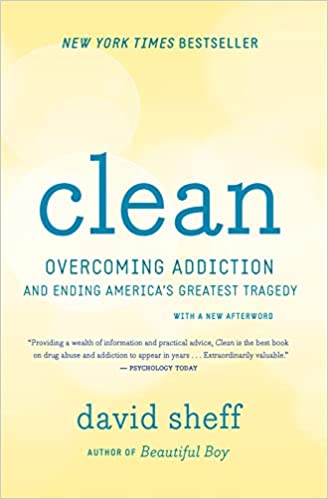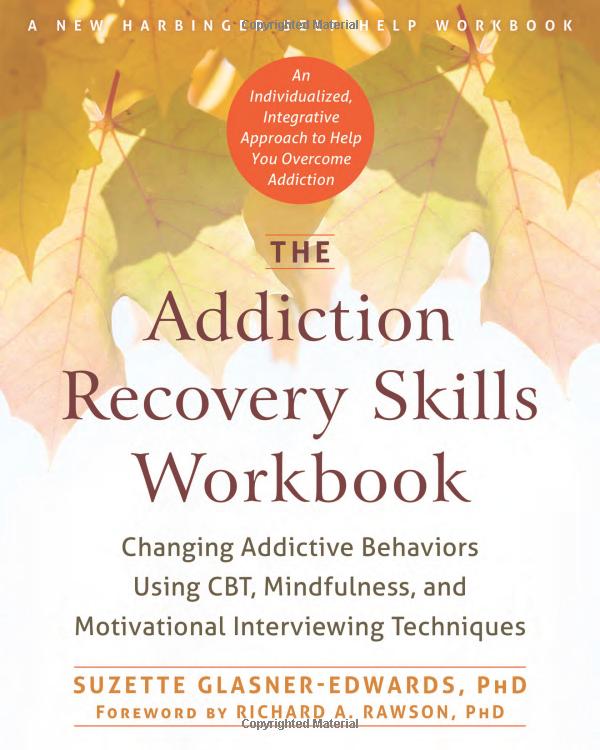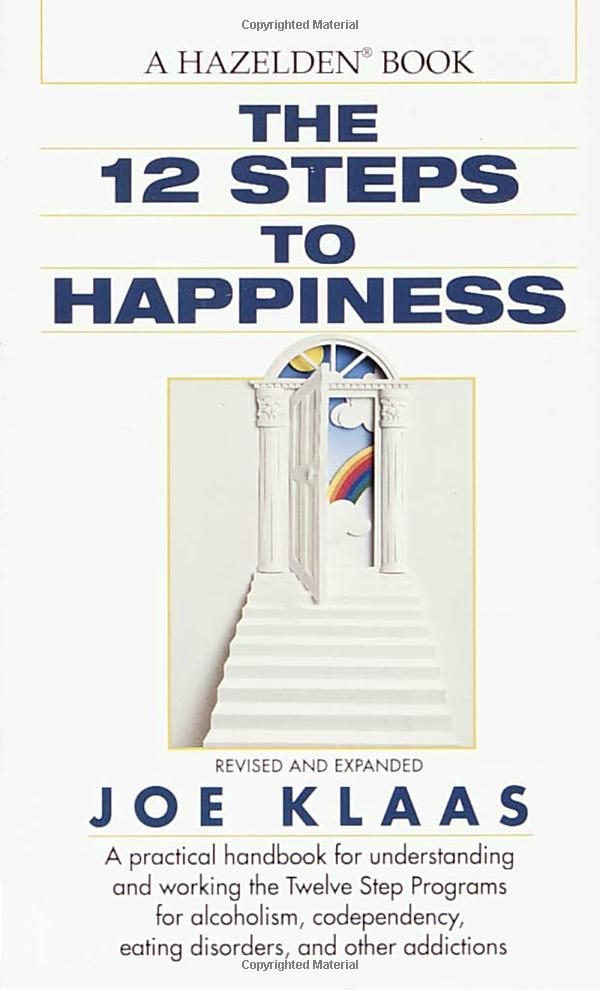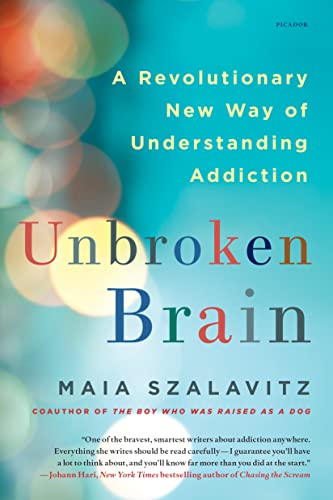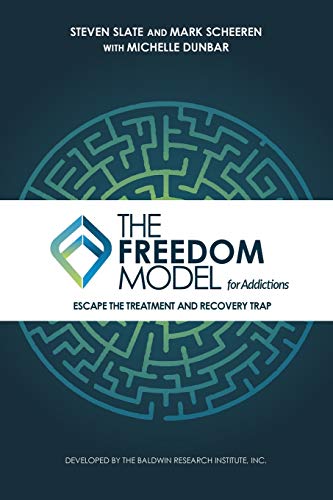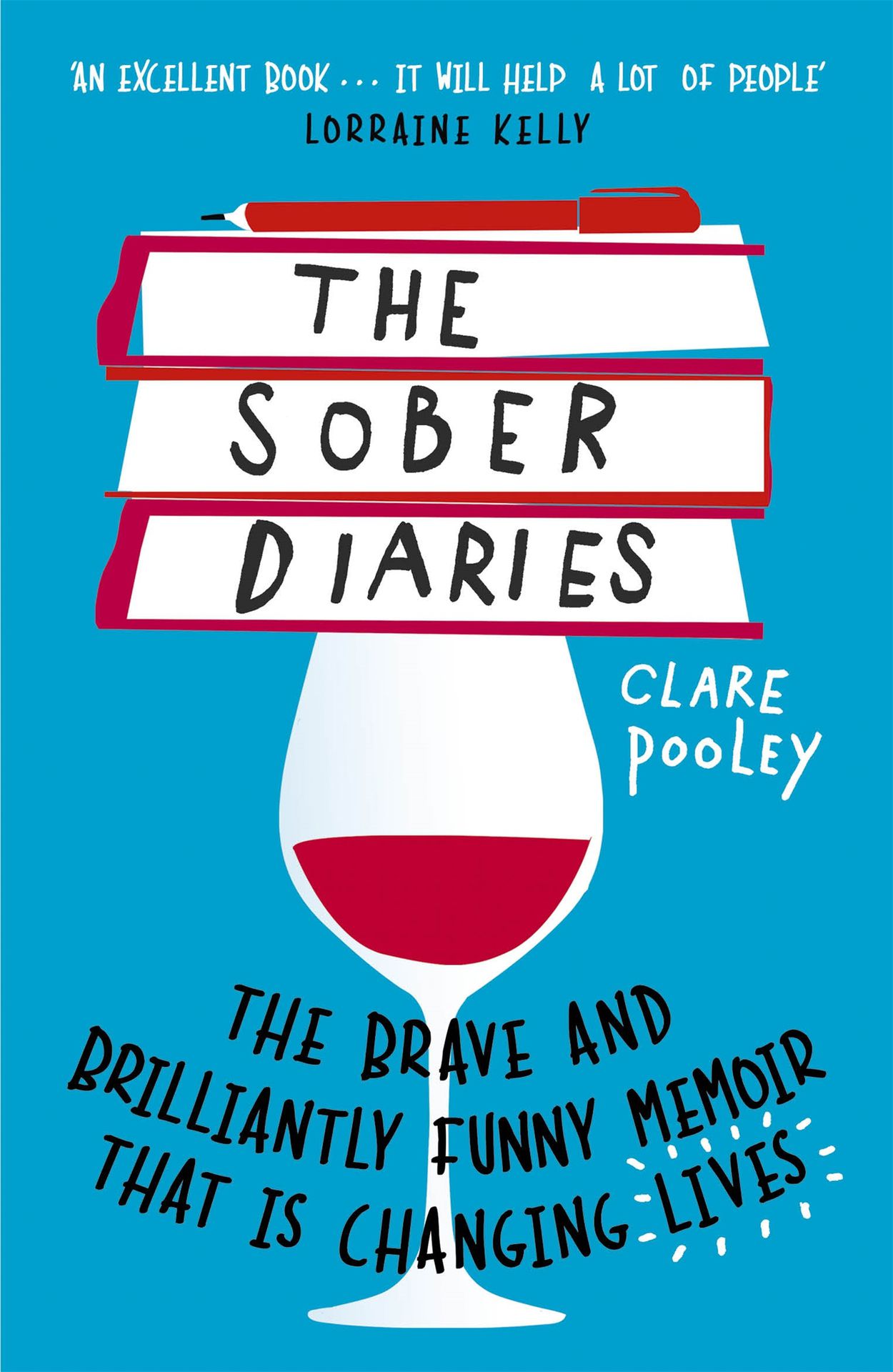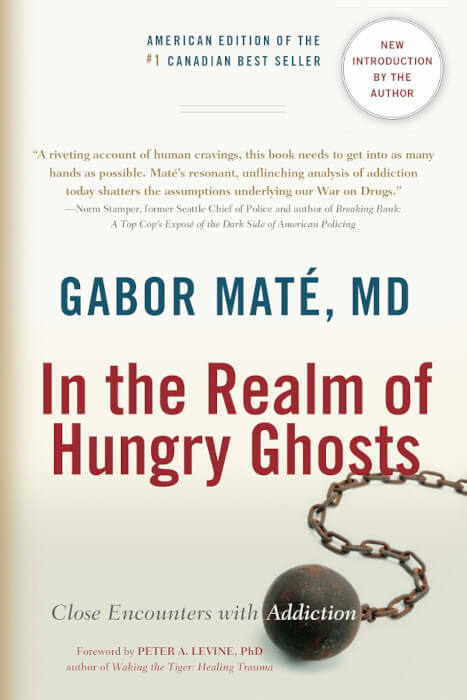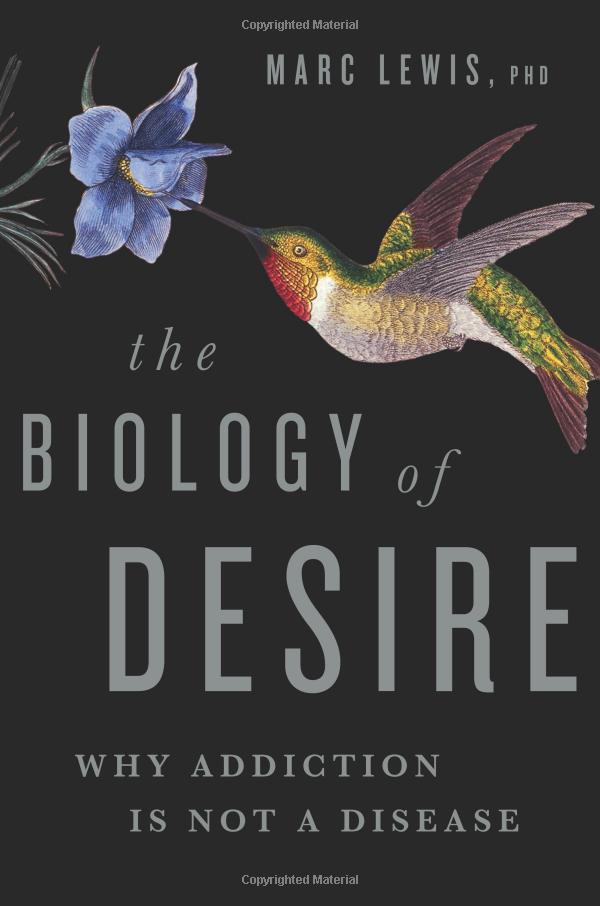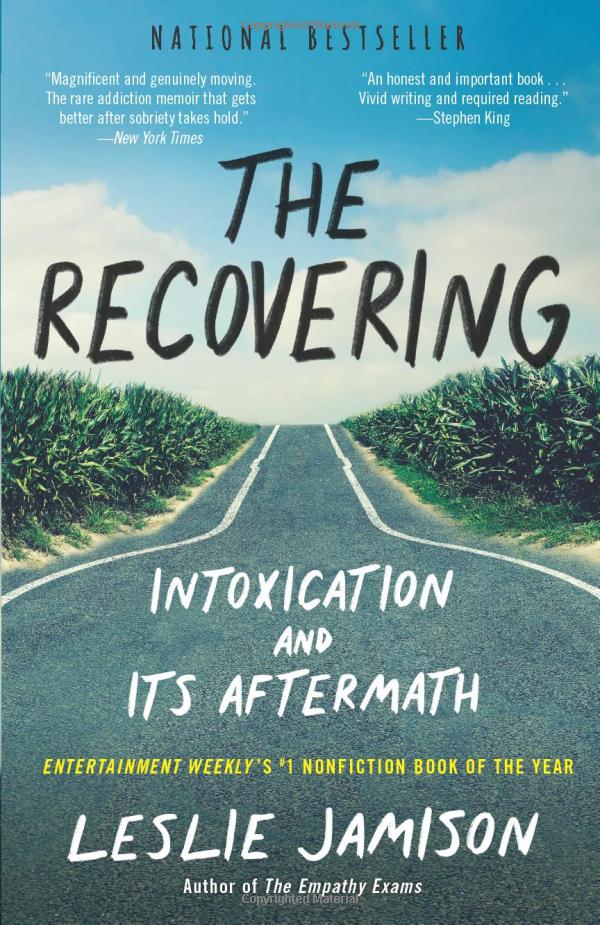Personal differences could influence how well someone recovers from addiction. Depending on the substance you misuse, the level of care you require, your unique mental health requirements, or the cost of your medical options, you can select the treatment that is most effective for you. Here are a few of the most popular addiction therapies that have successfully guided patients toward recovery.
The most effective treatments for addiction recovery based on scientific studies and research. It is important to note that the most effective treatment may vary depending on the individual’s needs and the severity of their addiction.
- Medication-Assisted Treatment (MAT): Medications like methadone, buprenorphine, and naltrexone can be used to manage withdrawal symptoms and reduce cravings.
- Cognitive Behavioral Therapy (CBT): This therapy helps people identify and change negative thought patterns and behaviors related to their addiction.
- Motivational Enhancement Therapy (MET): This therapy helps individuals find and strengthen their motivation to change their behavior.
- Contingency Management (CM): This approach provides incentives for people to remain sober and abstinent.
- 12-Step Facilitation Therapy: This therapy helps people work through the 12-step program of Alcoholics Anonymous (AA) or Narcotics Anonymous (NA).
- Family Therapy: This therapy involves family members and aims to improve communication and relationships, and address any co-occurring mental health issues.
- Mindfulness-Based Interventions: Practices like meditation and yoga can help individuals manage stress and reduce cravings.
- Dialectical Behavioral Therapy (DBT): This therapy can help people with co-occurring mental health issues learn coping skills and manage intense emotions.
- Community Reinforcement and Family Training (CRAFT): This therapy teaches family members how to support their loved one’s recovery and improve their own mental health.
- Dual Diagnosis Treatment: This approach addresses both addiction and any co-occurring mental health issues, such as depression or anxiety.
Recovery Direct Rehab in Johannesburg offers a holistic approach to addiction recovery that includes individualized treatment plans, evidence-based therapies, and a supportive community. Their team of addiction professionals includes medical doctors, psychiatrists, psychologists, and addiction counselors who work together to provide comprehensive care. They also offer a range of services, including detoxification, inpatient treatment, outpatient treatment, and aftercare support. Their goal is to help individuals achieve long-term recovery and improve their overall well-being.
The Detox Process
The first step toward rehabilitation and recovery is enduring the process of “detox” or “detoxification” or withdrawl of the substance. The descision to enter a detox rehab or medical care at a hospital would depend on factors that include the type of substance, the duration of use and the quantity of use. Detoxing from addictive substances in most cases is reccomended with medical support due to a number of inherent medical risks associated to certain substances. The withdrawl of substance begins what is medically termed “withdrawal syndrome”. This refers to the side effects that occur when the substance is removed. Withdrawl can have life threatening implications require actual medical attention and thus it is always advised to seek medical advice by a qualified doctor and to be transparent about the substance being used, the quantity and the duration.
Without a doubt detox is one of the most important and necessary steps to successful addiction rehabilitation as it is the line in the sand where patients are able to connect with their true selves again and learn to regulate new behaviours as their bodies adjust and start to find stasis.
Detox is frequently combined with other therapies because it does not address the underlying behavioural causes of the addiction.
Detoxification, or detox, is an essential step in addiction recovery because it allows the body to rid itself of the substance(s) that the individual has become dependent on. When someone has developed a physical dependence on drugs or alcohol, their body has adapted to functioning with the substance in their system. This means that when the substance is removed, the body experiences withdrawal symptoms as it tries to adjust to functioning without the substance.
The withdrawal symptoms can be uncomfortable and sometimes dangerous, depending on the severity of the addiction and the substance(s) involved. Some withdrawal symptoms may include nausea, vomiting, sweating, tremors, seizures, and hallucinations. In severe cases, withdrawal can even be life-threatening. Detox provides medical supervision and support to help manage these symptoms and ensure the safety and comfort of the individual.
Detox is not only important for the physical well-being of the individual, but it is also a crucial step in preparing them for long-term recovery psycologically. By removing the substance from the body, detox clears the way for the individual to begin their journey of recovery with a clean slate. It allows them to begin therapy and other addiction treatment programs with a clear mind and body, and to focus on the emotional and psychological aspects of their addiction.
Cognitive Behaviour Therapy (CBT)
Today, cognitive behavioural therapy is frequently used in the battle against addiction. Finding links between thoughts, feelings, and actions can help people in recovery from addiction and mental illness become more conscious of how these factors affect their progress. Examining the benefits and drawbacks of continued drug use is one method, as is self-monitoring to spot cravings early and spot circumstances that could lead to use. Another method is coming up with coping mechanisms for cravings and avoiding high-risk situations. The most widely used types of therapy are counselling and other behavioural therapies. Medications are frequently a critical component of therapy, particularly when used in conjunction with behavioural therapies. Although Cognitive Behaviour Therapy is one of the most extensively researched counselling therapy practises, due to the need for structured sessions, it may not be appropriate for people with more complex mental health needs or learning disabilities. Patients may initially feel anxious or emotionally uncomfortable during CBT because it involves facing emotions and anxieties.
Here are the 5 most important factors of CBT in addiction recovery:
- Identifying and Challenging Negative Thought Patterns:
CBT helps individuals identify negative thought patterns that contribute to their addictive behaviors. By becoming aware of these patterns, individuals can learn to challenge and change them, which can help reduce cravings and improve self-esteem. - Developing Coping Skills:
CBT teaches individuals coping skills to help them manage triggers and cravings. These skills include relaxation techniques, mindfulness practices, and problem-solving strategies. - Addressing Co-occurring Mental Health Issues:
CBT can be effective in treating co-occurring mental health issues that often accompany addiction, such as depression or anxiety. By addressing these issues, individuals can improve their overall well-being and reduce the risk of relapse. - Setting Goals and Monitoring Progress:
CBT encourages individuals to set goals and track their progress in recovery. This can help them stay motivated and focused on their recovery journey. - Addressing Core Beliefs and Values:
CBT helps individuals identify and address core beliefs and values that may contribute to their addiction. By exploring and challenging these beliefs, individuals can create new, healthier beliefs and values that support their recovery.
CBT is an important and effective approach to addiction recovery that helps individuals address the underlying thoughts and behaviors that contribute to their addiction.
Rational Emotive Behaviour Therapy (REBT)
The main goal of REBT is to assist you in identifying and cultivating rational thought processes in relation to external circumstances or stressors. In a nutshell, rational-emotive behaviour therapy (REBT) is a type of psychotherapy that teaches you to recognise your own self-defeating thoughts and feelings, challenge or understand those thoughts and feelings, and learn to swap out unhealthy, unproductive, or unrealistic beliefs with more constructive and rational thoughts and behaviours.
Rational Emotive Behaviour Therapy can help people who are dealing with a variety of mental health conditions, such as:
- Depression
- Anxiety
- Addictive patterns
- Excessive feelings of frustration, guilt, or rage phobias
- Erratic eating patterns
- Aggression
Here are the 5 most important factors in using REBT in addiction recovery:
- Identifying Irrational Beliefs
REBT helps individuals identify irrational beliefs that contribute to their addictive behaviors. These beliefs may include beliefs about the self, others, or the world that are unrealistic or exaggerated. - Challenging Irrational Beliefs
REBT teaches individuals to challenge their irrational beliefs by examining evidence, testing assumptions, and exploring alternative perspectives. This can help individuals develop a more realistic and rational view of themselves and their addiction. - Developing Coping Skills
REBT helps individuals develop coping skills to manage their emotions and behavior in response to triggers and cravings. These skills may include relaxation techniques, assertiveness training, and problem-solving strategies. - Increasing Self-Acceptance
REBT encourages individuals to accept themselves and their imperfections, rather than seeking perfection or approval from others. This can help individuals develop a more positive and accepting attitude toward themselves, which can reduce the risk of relapse. - Promoting Responsibility and Action
REBT emphasizes personal responsibility and encourages individuals to take action to change their behavior. This can help individuals develop a sense of empowerment and control over their addiction, which can improve their chances of long-term recovery.
Rational Emotive Behaviour Therapy is an effective approach to addiction recovery that helps individuals identify and change irrational beliefs and negative thought patterns that contribute to addictive behaviors.
12 Step Facilitation
The purpose of 12-Step Facilitation is to encourage peers to actively participate in a fellowship that promotes refraining from substance use or harmful behaviours. Programs that facilitate 12 Steps adopt a principle of service in which the providers assist those who enrol in the programme. The 12 Step model calls for changing behavioural patterns by choosing to acknowledge one’s wrongdoing to a higher power, to oneself, and to another person. being willing to accept any character flaws that the higher power may wish to correct.
Participants in 12 step facilitation programmes start to recognise, understand, and make conscious decisions about their behaviour patterns in the past, present, and future as they ask a higher power to remove flaws. A conscious effort to alter the behaviour patterns that have been the source of the distress can be seen by compiling a list of wrongs done to others and being willing to make amends for those wrongs.
12-Step Facilitation (TSF) is a therapeutic approach that is based on the principles of the 12-step program used in Alcoholics Anonymous (AA) and other mutual support groups. Here are the 5 most important factors of 12-Step Facilitation in addiction recovery:
- Acknowledging Powerlessness
12-Step Facilitation emphasizes the importance of acknowledging powerlessness over addiction and surrendering to a higher power. This can help individuals develop humility and a willingness to seek help from others. - Developing a Support System
12-Step Facilitation encourages individuals to develop a support system through participation in mutual support groups, such as AA or Narcotics Anonymous (NA). This can provide individuals with a sense of community and accountability, as well as access to peer support and guidance. - Engaging in Self-Reflection
12-Step Facilitation encourages individuals to engage in self-reflection and take an honest inventory of their behaviors, attitudes, and relationships. This can help individuals identify patterns and triggers that contribute to their addiction and develop strategies to address them. - Making Amends
12-Step Facilitation emphasizes the importance of making amends to those who have been harmed by the individual’s addiction. This can help individuals take responsibility for their actions and repair damaged relationships. - Maintaining Spiritual Principles
TSF emphasizes the importance of maintaining spiritual principles, such as honesty, integrity, and service, in daily life. This can help individuals develop a sense of purpose and meaning beyond their addiction, which can improve their overall well-being and reduce the risk of relapse.
12-Step Facilitation is an effective approach to addiction recovery that emphasizes the importance of community support, self-reflection, and spiritual principles. By acknowledging powerlessness, developing a support system, engaging in self-reflection, making amends, and maintaining spiritual principles, individuals can improve their chances of long-term recovery.
Fundamental Principals of Addiction Recovery
There is no one treatment that works for everyone when it comes to successful addiction treatment. While addiction treatment may be complex it is a treatable condition. Treatment frequently entails not only addressing substance use patterns but also any other potential mental health disorders, the person’s living circumstances, and past toxic behaviours, relationships, or unresolved trauma.
There are several fundamental principles of addiction recovery that are widely recognized as essential for successful recovery. Here are the 5 most fundamental principles of addiction recovery:
- Acceptance
Acceptance is the foundation of addiction recovery. Individuals must accept that they have a problem with addiction and that they need help to overcome it. This requires a willingness to be honest with oneself and to acknowledge the negative impact that addiction has had on one’s life. - Commitment
Recovery requires a strong commitment to making positive changes and taking the necessary steps to achieve and maintain sobriety. This requires a willingness to invest time, effort, and energy into the recovery process. - Self-Awareness
Recovery requires a deep understanding of one’s own thoughts, emotions, and behaviors. This requires a willingness to engage in self-reflection and to be honest with oneself about the underlying causes of addiction. - Support
Recovery is a challenging journey, and individuals need support from others to maintain their motivation and stay on track. This support can come from friends, family, peers, or professionals, and may include therapy, peer support groups, or other forms of community support. - Purpose
Recovery requires a sense of purpose and meaning beyond addiction. This may involve finding new hobbies or interests, setting and achieving goals, or engaging in activities that promote physical, emotional, and spiritual well-being.
With acceptance, commitment, self-awareness, support, and purpose are the most fundamental principles of addiction recovery. By embracing these principles and making them a part of their daily lives, individuals can improve their chances of successful recovery and enjoy a more fulfilling and satisfying life in sobriety.
The most popular types of treatment include counselling, other behavioural therapies and programmes. In any behaviour change process it is crucial to remain in treatment until the behaviour changes embed into daily life. Treatment plans should thus be routinely reviewed and altered to accommodate the patient’s evolving needs.
There is No Silver Bullet
There is no one-size-fits-all approach to addiction recovery because every individual’s experience with substance use disorder is unique. Different people may have different underlying causes of addiction, such as trauma, mental health issues, or genetics. Additionally, people may have different life circumstances, support systems, and motivations for seeking help. Some may prefer a 12-step program or faith-based approach, while others may prefer evidence-based therapies or medication-assisted treatment. Furthermore, individuals may have different levels of readiness for change and may respond differently to various treatment modalities. Therefore, it is essential to recognize that addiction recovery is a highly individualized process, and there is no single method that works universally for all people with substance use disorders. It is crucial to tailor treatment to meet the unique needs and preferences of each individual to maximize their chances of successful recovery.


